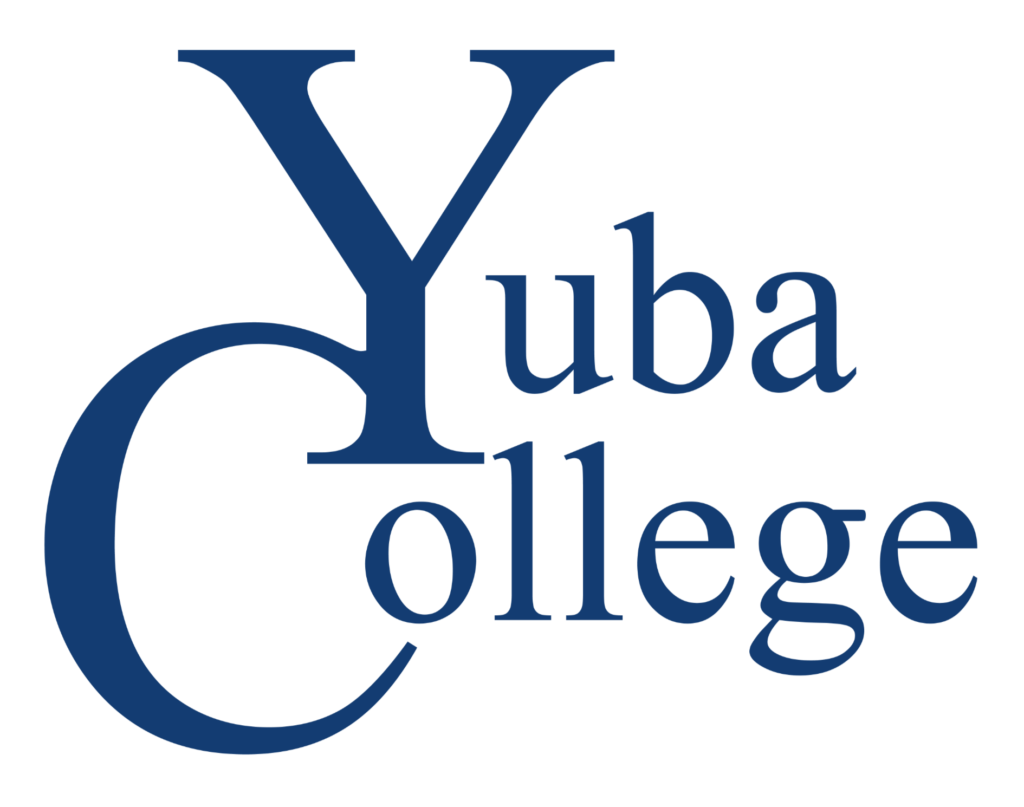Mass Communications
Courses
Degrees and Certificates
MASS COMMUNICATION
(Associate in Arts)
Required Courses Units
MCOMM 2 Introduction to Mass Communication…………………… 3
MCOMM 4 Studio Video Production……………………………………. 3
MCOMM 5 Electronic Movie Making…………………………………….. 3
MCOMM 6 Sound Recording and Production……………………….. 3
MCOMM 8 Introduction to Media Writing OR
MCOMM 19 News Writing and Reporting………………………. 3
MCOMM 14R Advanced Studio Video Production OR
MCOMM 20LR Newspaper Production………………………… 3-4
MCOMM 15R Field Video Production…………………………………… 3
MCOMM 17R Television Remote Production…………………………. 3
Total units required for degree major………………………………… 24
MASS COMMUNICATION
(Associate in Science)
Required Courses Units
MCOMM 4 Studio Video Production……………………………………. 3
MCOMM 5 Electronic Movie Making…………………………………….. 3
MCOMM 6 Sound Recording/Production……………………………… 3
MCOMM 8 Introduction to Media Writing……………………………… 3
MCOMM 15R Field Video Production…………………………………… 3
MCOMM 17R Television Remote Production…………………………. 3
Total units required for degree major………………………………… 18
MASS COMMUNICATION
(Certificate of Achievement)
Required Courses Units
ART 31R Basic Photography……………………………………………… 3
MCOMM 4 Studio Video Production……………………………………. 3
MCOMM 5 Electronic Movie Making…………………………………….. 3
MCOMM 6 Sound Recording/Production……………………………… 3
MCOMM 8 Introduction to Media Writing……………………………… 3
MCOMM 15R Field Video Production…………………………………… 3
MCOMM 17R Television Remote Production…………………………. 3
Minimum units to total……………………………………………………. 21
Courses
MCOMM 2—Introduction to Mass Communications
(3 units) CSU/UC
Survey of the principles, functions, and services of media in an information and communication oriented society; emphasis on history, economics, technologies, and the process of communication, as well as the social impact of print media, broadcasting, and motion pictures. (L)
MCOMM 4—Studio Video Production (3 units) CSU
Semi-technical operation and creative use of television studio equipment; techniques of production, use of cameras, lighting, sound, titling, and video recording. (L)
MCOMM 5—Electronic Movie Making (3 units) CSU/UC
Introduction to electronic movie making; use of visual communication and personal experience to invoke emotion, to share ideas, and to construct persuasive visions of reality through electronic movie making. (L)
MCOMM 6—Sound Recording and Production
(3 units) CSU
Introduction to tools and techniques of audio production: operation of audio control equipment for radio, television, film, and studio recordings. Recommended — basic computer skills and abililty to work in a technical environment and operate audio/video equipment in the field. (L)
MCOMM 8—Introduction to Media Writing (3 units) CSU
Introduction to the styles and script formats used in writing for the media; practice is provided in writing proposals, treatments, storyboards, and scripts for radio, filmmaking, and television programs. Recommended — abililty to work in a technical environment and operate audio/video equipment in the field. (L) Prerequisite: ENGL 51 or eligibility for ENGL 1A.
MCOMM 11R—Basic Photography (3 units) CSU/UC
Exploration into basic camera operation and black and white processing and printing; history and development of photography; emphasis on personal expression; adjustable camera preferred. (L) (R1) (Repeatable: May be taken two times only.)
MCOMM 14R—Advanced Studio Video Production
(3 units) CSU
Advanced-technical operation and creative use of television studio equipment. Techniques of production, use of cameras, lighting, sound, titling, video recording, and video switching effects. Prerequisite: MCOMM 4. (L) (Repeatable: May be taken four times only.)
MCOMM 15R—Field Video Production (3 units) CSU
Advanced creative use of studio and electronic field video production. Includes scriptwriting, producing, directing, reporting, videography, and non-linear post postproduction using industry level software. Prerequisite: MCOMM 5. Recommended — abililty to work in a technical environment and operate audio/video equipment in the field. (L) (Repeatable: May be taken four times only.)
MCOMM 17R—Television Remote Production
(3 units) CSU
Advanced creative use of electronic field video production while using multiple cameras to produce live or archived television events, such as, sporting events, theatrical and musical productions, and entertainment or informational programs. The course is progressive in nature and may provide an expanded educational experience when repeated. Much of class time is devoted to “on location” production. (Repeatable: May be taken four times only.) (L)
MCOMM 19—News Writing and Reporting (3 units)
CSU/UC
Recognizing, gathering, and writing the news in accepted journalistic style; learning to conduct personal interviews and cover speeches, meetings, and other events; understanding the legal and ethical issues related to reporting; emphasis on language and style, accuracy in news gathering, and research and organization of various types of stories. Prerequisite: ENGL 51L or eligibility for ENGL 1A. (L)
MCOMM 20LR—News Media Production (3 or 4 units) CSU
Weekly production of the Yuba College student online news source and quarterly production of the Yuba College student news magazine. Students will become familiar with all elements of news media production, including hard news, features, editorials, blogs, forums, email advisories, podcasts, online video, photo journalism, graphic art, and advertisement marketing. Prerequisite: ENGL 51 or eligibility for ENGL 1A. (L) (Repeatable: May be taken four times only.)
MCOMM 25R—Mass Communications Field Experience (v1-6 units) CSU
Broadcast media production experience (including journalism) at a radio, newspaper, or media production facility under the supervision of the college professor and media professional; development of real world experience within major. Grades are P/NP. (L) (Repeatable: May be taken four times only.)
MCOMM 40—Introduction to Online Learning
(1 unit) CSU
This course will prepare you to successfully complete an online course through introduction to the technology and the online environment; how to use the software tools that manage an online course; and how to problem-solve online issues. Not open for credit to student with credit in EDUC 40. Grades are P/NP.

